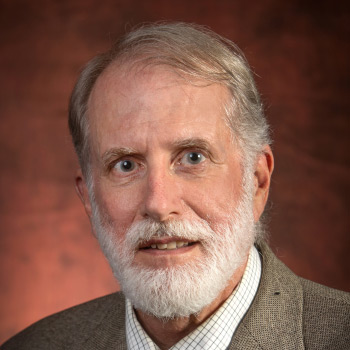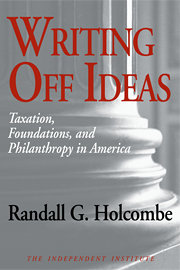The United States enacted its minimum-wage law in 1938. It didn’t cover all workers, and still doesn’t. The “principle” appears to be that some wage levels are too low to be allowed, even if the employee and employer agree to them.
I must put “principle” in quotation marks because some employment is not covered by the minimum wage law, so the “principle” does not apply to everyone.
Now, at the other end of the spectrum, Washington is adopting a maximum-wage policy. President Obama’s pay czar, Kenneth Feinberg, is mandating substantial pay cuts for executives in banks and auto companies that received federal bailout money.
In addition, Federal Reserve Chairman Ben Bernanke has proposed a plan to limit compensation of all bankers—not just those who received federal money—in an effort to prevent risky investments by banks.
For decades the federal government has had a minimum-wage law to keep people from being paid too little. Now it is setting a maximum wage to keep them from being paid too much. Like the minimum-wage law, it doesn’t cover everyone, but with a foot in the door, it will be a small step toward broader coverage. Feinberg did say he hoped his guidelines “might be voluntarily adopted elsewhere.”
Bernanke’s share of the new maximum-wage policy is perhaps most scary, because there are no guidelines. The Fed will review compensation and decide at the chairman’s discretion whether a bank’s pay scheme is acceptable.
Feinberg’s piece of the dictate at present covers only a relatively small number of executives at firms that received federal bailout money. His hopes that the decree will be extended elsewhere are not farfetched, however.
For one thing, it is rare that a government program, once started, does not expand. For another, it does not seem tenable to require below-market pay for executives at bailed-out firms, while allowing firms that compete with the government-assisted firms to contract freely for executives they want to hire at mutually agreeable compensation levels. The best talent naturally will leave the struggling firms to go where the pay is better.
How hard is it to forecast that once the first stage of the maximum-wage policy is in effect, government officials will seek to expand it to “level the playing field”? I certainly would not argue that corporate compensation packages are perfect, but I would argue that they are better than government-mandated limits on corporate pay, for three reasons.
First, businesses have an incentive to set corporate pay in such a way as to maximize the competitive advantage of their companies. If they don’t, they will find themselves gradually losing ground to those that do. Their market share will become smaller and smaller until they disappear.
Second, businesses have better knowledge about how to effectively structure pay packages than those in government. I’m not saying they do so perfectly; I’m saying they do a better job than government bureaucrats would do. Not only do government bureaucrats have little incentive to design effective compensation packages, they also have much less knowledge and experience of U.S. businesses and the competitive environment in which they operate.
Third, and perhaps most significant, the new maximum-wage policy compromises individual freedom of contract. Freedom must include the freedom to make mistakes, and not just the “freedom” to follow government rules. Once the freedom of a few is compromised, it will not take long to limit the freedom of many.
Now is the time to stop the maximum-wage foolishness.













